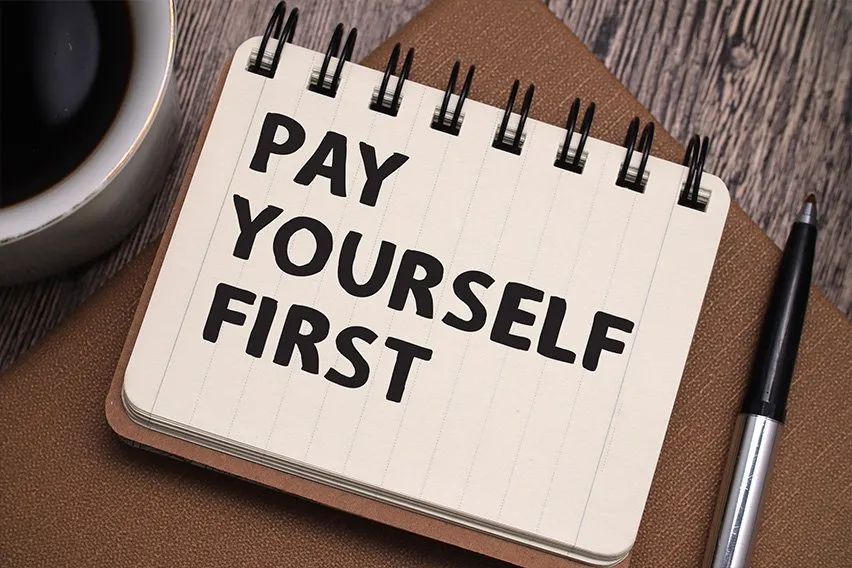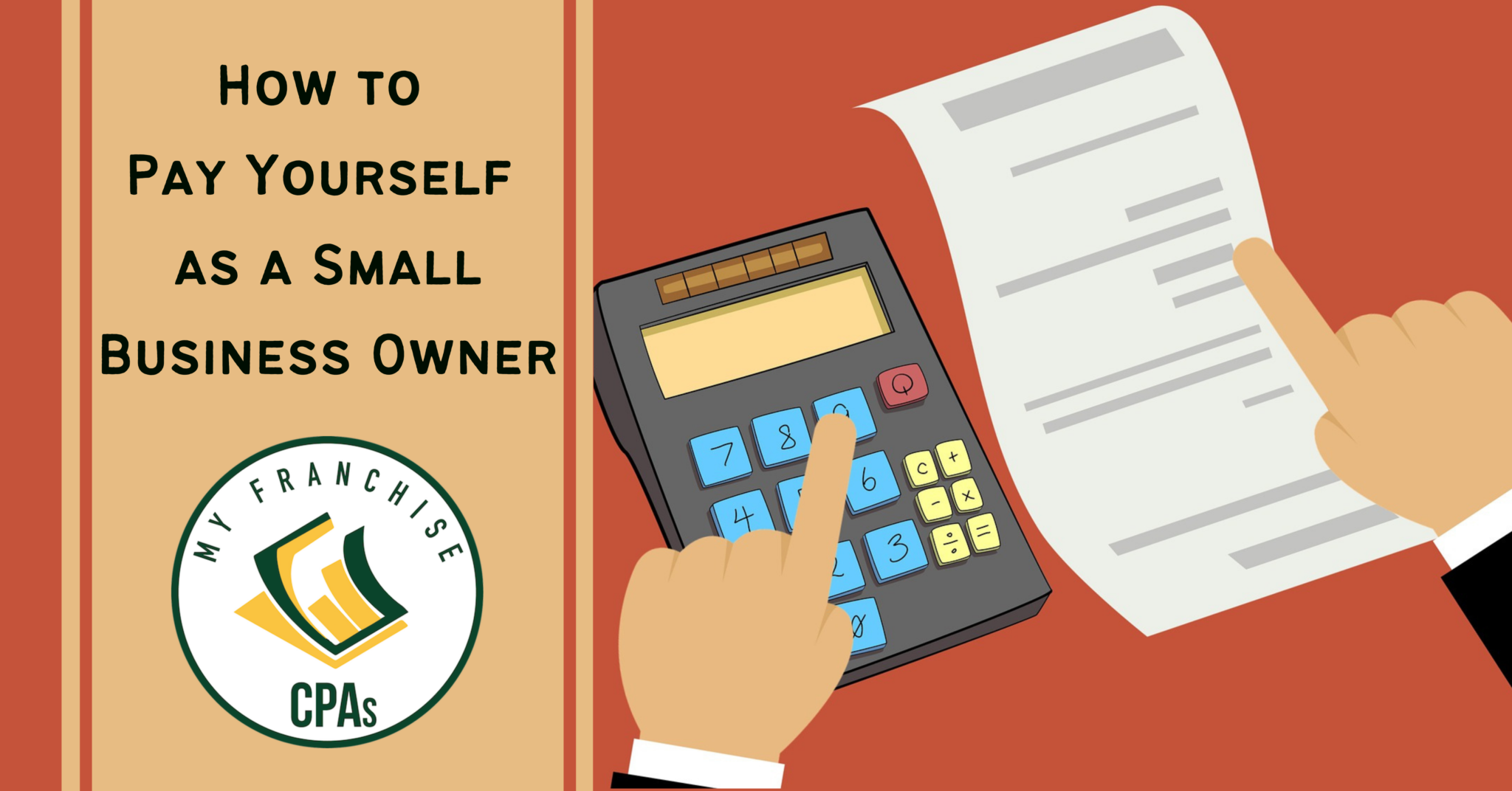When To Pay Yourself From Your Business

The aroma of freshly brewed coffee hung in the air of Sarah's sun-drenched home office. Spread across her reclaimed wood desk were invoices, expense reports, and a slightly crumpled business plan. A question lingered, as palpable as the caffeine buzz: "When do I actually pay myself?" It's a query that resonates with countless entrepreneurs, a constant balancing act between reinvesting in the dream and reaping the rewards of hard work.
Navigating the complexities of owner's compensation can feel overwhelming, particularly for new business owners. Understanding the delicate balance between business needs and personal financial stability is crucial. Determining the optimal time and method to compensate yourself involves careful consideration of factors like profitability, cash flow, and legal structure.
The Foundation: Understanding Your Business Structure
The legal structure of your business profoundly influences how you can pay yourself. Sole proprietorships and partnerships often operate with a 'draw' system, where owners take money out of the business as needed. This isn't considered a salary but rather a distribution of profits.
Corporations, including S corporations and C corporations, introduce the concept of a salary. As an employee of your corporation, you're entitled to reasonable compensation, subject to payroll taxes.
The 'Reasonable Compensation' Rule
The IRS emphasizes reasonable compensation, particularly for S corporations. This means your salary should reflect the fair market value of the services you provide to the business. Underpaying yourself to minimize payroll taxes can raise red flags.
Consult with a tax professional to determine what constitutes a reasonable salary in your specific industry and location. Documenting your responsibilities and the value they bring to the company can support your compensation decisions.
Profitability vs. Cash Flow: A Critical Distinction
Many entrepreneurs mistakenly equate profitability with readily available cash. A business can be profitable on paper but still lack the cash flow necessary to cover expenses and owner's compensation.
Profitability reflects the difference between revenue and expenses over a specific period. Cash flow represents the actual movement of money in and out of your business.
Before paying yourself, carefully analyze your cash flow statement. Ensure you have sufficient funds to cover operating expenses, taxes, and other financial obligations.
Establishing a Payment Schedule
Consistency is key when it comes to owner's compensation. Establishing a regular payment schedule, whether it's bi-weekly, monthly, or quarterly, provides financial predictability.
Consider setting up a dedicated business bank account and automating your owner's draw or salary payments. This streamlines the process and helps maintain accurate financial records.
Revisit your payment schedule regularly, especially during periods of rapid growth or economic uncertainty. Adjustments may be necessary to align with your business's evolving financial landscape.
Reinvesting in Growth: A Strategic Approach
While it's tempting to prioritize personal financial needs, remember that reinvesting in your business is crucial for long-term success. A portion of your profits should be allocated to marketing, research and development, and other growth initiatives.
Creating a budget that allocates funds for both owner's compensation and business growth is a smart strategy. This ensures you're balancing your personal financial goals with the needs of your company.
Think of it as planting seeds for future harvests. The more you invest in your business, the greater the potential for future profitability and personal financial rewards.
Seeking Expert Advice
Navigating the intricacies of owner's compensation can be complex, especially for those unfamiliar with accounting principles and tax regulations. Don't hesitate to seek professional guidance from a qualified accountant or financial advisor.
They can provide personalized advice based on your specific business structure, financial situation, and long-term goals. Their expertise can help you make informed decisions that benefit both your business and your personal finances.
Ultimately, determining when to pay yourself is a personal decision that requires careful consideration of various factors. By understanding your business structure, prioritizing cash flow management, and seeking expert advice, you can strike a balance that supports both your personal well-being and the long-term success of your entrepreneurial venture.


















